



Understanding Scars
 Book A Course
Book A Course





 Book A Course
Book A Course

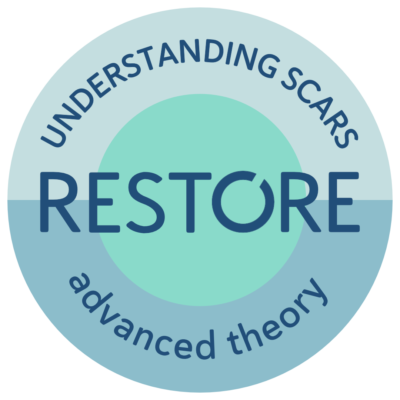
This self-paced advanced theory course is designed to provide advanced insights into the complexities of scars and the considerations associated with common injuries and surgical procedures that lead to scar tissue formation. This course serves as a vital building block for therapists who wish to support clients with scars, introducing various approaches and modalities for scar tissue treatment. While it does not focus on practical skills such as scar massage, the course equips participants with the ability to critically evaluate treatment possibilities and the underlying rationale of a comprehensive scar therapy program. Covering methodologies from early scar care to the management of historic scars, therapists will gain the essential knowledge needed to address a wide array of scar-related issues while deepening their understanding of the intricate relationship between scars and the fascial system. The flexible learning format allows you to begin with this course or any other that aligns with your interests, facilitating a gradual expansion of your expertise in scar treatments. The Scar Therapy Practitioner course is an ideal complement to this advanced theory training, enhancing practical skills alongside theoretical knowledge.
By the end of the course: Therapists and exercise professionals will have in-depth knowledge of how different kinds of injury and surgery can impact the body and a variety of considerations when planning a treatment protocol enhancing their ability to develop a holistic recovery program after any injury or surgery. Professional Development certificate included.
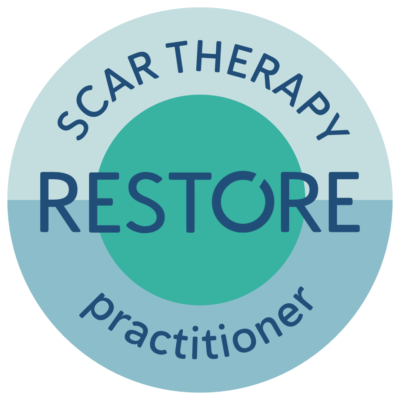
This is an in-depth, comprehensive training program aimed at enhancing your manual treatment skills for fascial restrictions and tightness linked to scar tissue. This course is ideal if you want to improve patient outcomes after both recent and long-standing injuries with a holistic approach. Covering scars caused by surgery, injury, or burns, this course is the cornerstone of our comprehensive series of scar therapy courses. It serves as a key building block if you want to help recovery, focusing entirely on methodologies for scar tissue management, offering skills that span early scar care to the treatment of historic scars. Therapists will gain the knowledge needed to treat a wide variety of scar-related issues and deepen your understanding of the relationship between scars and our fascial system. Our flexible learning program allows you to start with any course that suits your needs and return to complete further courses, gradually expanding your expertise in scar treatments. Understanding Scars: Advanced online theory is an ideal compliment to this course.
By the end of the course: Therapists will be equipped with a wide range of manual techniques to treat any kind of scar, enhancing their ability to deliver effective, personalised care after any injury or surgery. Professional Development certificate included. Re-certification training NOT required. Invitation to join our global ‘Find a scar therapist’ directory.
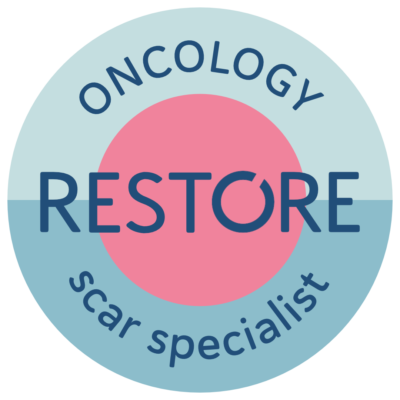
Our manual therapy training program specifically designed for therapists who want to specialise in treating scar tissue and fibrosis resulting from cancer surgeries and radiotherapy. Ideal for any therapist working with cancer clients such as Lymphoedema therapists, Oncology Physiotherapists, Oncology Massage Therapists, Osteopaths and Occupational Therapists working with cancer recovery. Our flexible learning program allows you to start with any course that suits your needs and return to complete further courses, gradually expanding your expertise in scar treatments. The Scar Therapy Practitioner training is recommended to compliment this course, but is not a pre-requisite. You may choose to start scar therapy training on this specialist course. This means that therapists can directly enrol on the Oncology Scar Specialist course without needing to complete the Scar Therapy Practitioner course first.
By the end of the course: Therapists will be well-versed in a range of manual techniques to treat patients recovering from cancer surgery, enhancing their skills in addressing scarring, fibrosis, and common post-cancer surgery complications. This specialised knowledge will allow therapists to deliver improvements in their clients’ mobility, comfort, and overall well-being. Professional Development certificate included. Re-certification training NOT required. Invitation to join our global ‘Find a scar therapist’ directory.
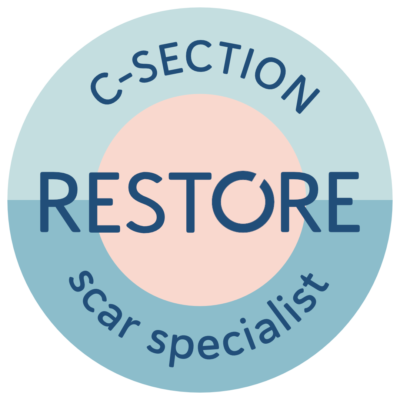
This is a manual therapy training program designed for therapists specialising, or wanting to specialise in post-natal recovery. Learn effective hands-on skills to support recovery and treat common complications after abdominal birth, whether the C-section is recent or historic. The C-Section Scar Specialist Course is part of a flexible learning program. This course can be an ideal starting point for anyone new to scar therapy, with a singular focus to explore common complications and a simple structure for treatment application that allows maximum time to develop confidence and skills. While the Scar Therapy Practitioner and Understanding Scars training is recommended to complement this training, it is not a pre-requisite. This course is perfect for healthcare professionals working with post-natal clients, including Pelvic Physiotherapists, Post-natal Massage Therapists, Osteopaths etc.
By the end of the course: Therapists will be able to provide a series of treatments for clients with different considerations after abdominal birth to support their post-natal recovery from a holistic perspective. Professional Development certificate included. Re-certification training NOT required. Invitation to join our global ‘Find a scar therapist’ directory.
Developed by Emma Holly, RESTORE Scar therapy blended online and in-person courses have been taught around the globe with 100's of 5* reviews. Enrol today and learn scar massage to help clients with pain, limited range of movement and support recovery with a holistic approach.
Join our Scar Therapy Practitioner and learn scar massage, silicone cupping for scars to be able to treat any scar, after any injury or surgery (including C-Section and oncology scars).
The C-Section Scar Specialist and Oncology Scar Specialist include the same scar massage techniques but are more specific to complications in these specialist areas. There are additional practical skills to compliment scar massage included in the Restore specialist courses.
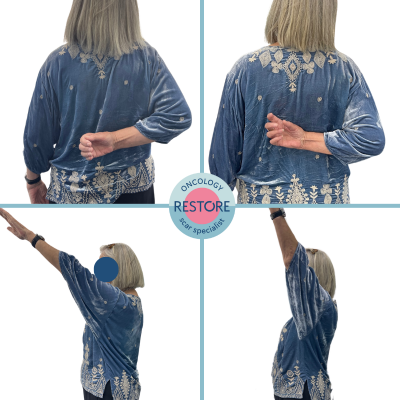
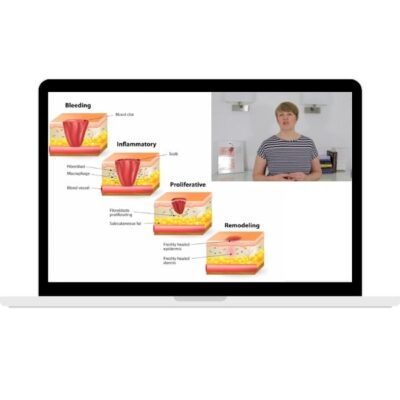
Learn at your own pace online with our advanced theory course Understanding Scars. Understanding scars includes a range of information on common injury and surgery and expert interviews. Clinical considerations are covered, but not hands-on techniques.
You will be learning from a leading scar specialist. Emma's scar clinic is in London's medical centre, Harley Street, where she continues to work in-clinic with clients after surgery or injury. With extensive knowledge and hands-on experience, she has presented on scar massage at global conferences to surgeons and medical experts as well as physiotherapists, lymphoedema therapists, massage therapists and other manual therapy professionals.
Our training courses will equip you to understand who will suffer from scars and adhesions, what causes scar complications, and how you should adjust your therapy or movement approach.
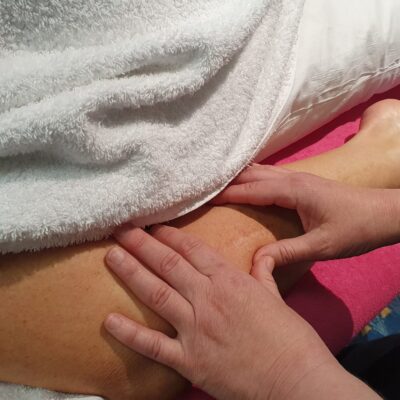
Every year thousands of people undergo surgery or have serious accidents leaving them with scar tissue and adhesions. Our 5* rated online course in scar therapy advanced theory will deepen your understanding and provide in-depth knowledge and recommendations for working with scars. Learn the impact scars can have on our fascial system, how scar tissue may influence biotensegrity when the scar tissue – or related compensation patterns – create discomfort locally to the injury site, or elsewhere in the body.
Restore Therapy have provided scar tissue courses internationally in Europe and worldwide for massage, physiotherapy and lymphoedema therapists. We have been integral in delivering hands-on scar massage skills to NHS and cancer charities in UK. We have taught at leading cancer centres such as The Christie NHS Foundation, Royal Marsden Trust, Barts Foundation and to physiotherapists from Macmillan and Marie Curie.
Within professional sport, Restore Therapy have delivered training to Saracens Rugby physiotherapy and soft tissue therapists, premier league football sports therapists and the British Athletics elite physiotherapy team.
Restore Scar therapy has trained therapists in every setting and from every kind of background - from massage and sports therapy, to osteopathy, women's health to musculoskeletal (MSK) physiotherapists or people working in oncology - all will come across scar tissue and can benefit from adding the RESTORE scar therapy method to their skills.
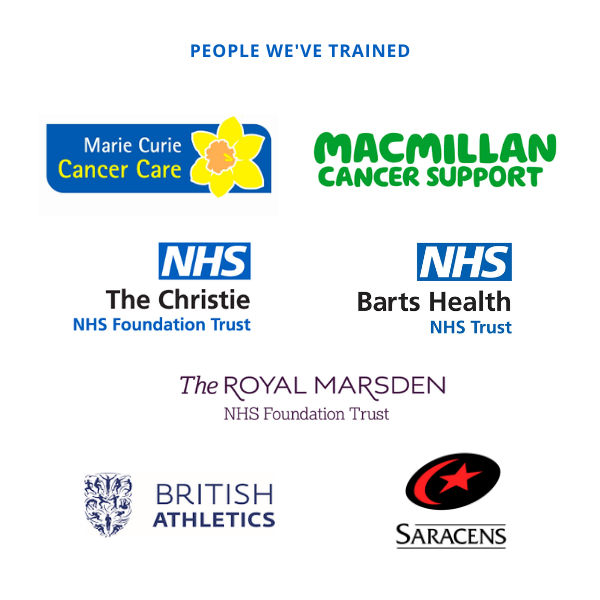
Reviews include therapists who have completed training and members of the public who have had treatment. Every year the Restore Therapy pledge ensures through our courses people can access free scar treatments.